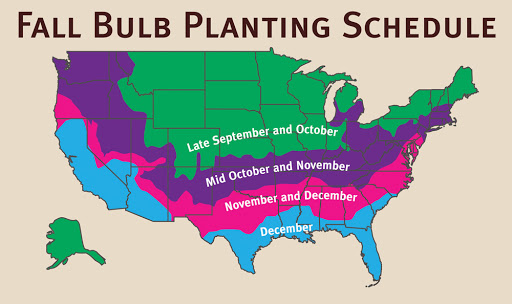We love the selection of bulbs available from A.D.R. The variety is great, the quality is excellent and the price is fair. However, the best part of working with A.D.R is the customer service from Chris, Walter and all of the team. They go out of their way to make sure ours needs are met.
Leah and Mark
, Wild Hare Farm
« Previous Plant | Next Plant »
Narcissi Miniature 'Jetfire'
Daffodil
Narcissus 'Jetfire' is a cyclamineus daffodil, reaching 8 to 10 inches in height. It produces bright yellow petals that are strongly reflexed, surrounding a bold orange-red trumpet, creating a striking contrast. The blooms appear in early to mid-spring and are lightly fragrant, making them excellent for borders, containers, and naturalized plantings. Thriving in full sun to part shade, 'Jetfire' prefers well-drained soil and is deer-resistant, rabbit-resistant, and drought-tolerant. It naturalizes well, forming expanding clusters over time. This variety has won the RHS Award of Garden Merit.
| Description | Price | |||
|---|---|---|---|---|
| Bin Display Box of 100 Bulbs, Size 12/14 (DN3) | $41.80 | |||
Get Notified When Back In StockComplete this form and we'll notify you when SKU BIN6225140 is restocked. | ||||
| Bulk Tray of 500 Bulbs, Size 12/14 (DN3) | $165.00 | |||
Get Notified When Back In StockComplete this form and we'll notify you when SKU BUL20622012 is restocked. | ||||
Narcissi Calculator
When should I plant Narcissi Miniature 'Jetfire'?

Growing and Maintenance Tips for Narcissi Miniature 'Jetfire'
Planting: Plant bulbs in fall, 4 to 6 inches deep and 3 to 5 inches apart, with the pointed end up. These daffodils are ideal for naturalizing in meadows, rock gardens, and woodland edges.
Location: Full sun to partial shade. Many species thrive under deciduous trees where spring light is abundant.
Soil: Well-drained, moderately fertile soil with a slightly acidic to neutral pH (6.0–7.0).
Watering: Water after planting and during active spring growth. Once foliage yellows, reduce watering—bulbs prefer dry summer dormancy.
Temperature: Hardy in USDA zones 4–9, depending on species. Most require a winter chill to bloom reliably.
Fertilization: Apply compost or a low-nitrogen fertilizer in fall and again in early spring.
Pruning: Allow foliage to die back naturally to recharge the bulb. Remove spent flower stalks for tidiness.
Propagation: Naturalizes by offsets and self-seeding. Divide clumps every 4 to 6 years in summer when dormant.
Pest & Disease: Deer- and rodent-resistant. Good drainage prevents bulb rot.









Check back soon for additional details.